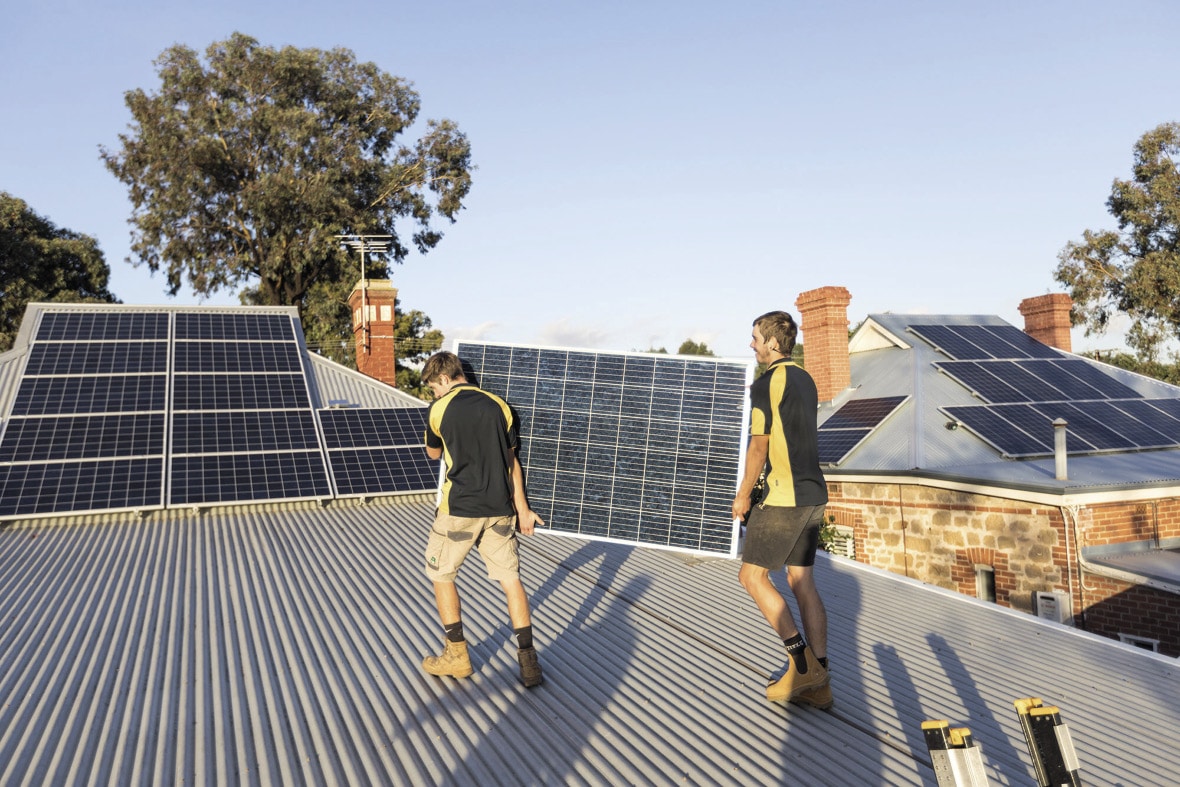The Australian Energy Regulator (AER) has released its draft determination for the Default Market Offer (DMO) 2021-2022, and it provides good news for consumers – especially those living in New South Wales, southeastern Queensland, and South Australia. The good news is that electricity prices are falling continuously.
The DMO, which was introduced in 2019, is a reference price for consumers to compare against retail electricity contracts. It also caps the prices that retailers can charge consumers on a standing offer contract. The DMO 2021-22 period will see a year-on-year reduction in electricity prices of between 4.6% and 7.9% for residential customers (region dependent) and between 4.1% and 8.5% for small business consumers (also region dependent).

“Since the introduction of the DMO in 2019, residential and small business standing offer consumers have seen their yearly bills reduce by hundreds of dollars. We have also seen retailer competition remain steady,” said AER Chair Clare Savage. “It’s also critical for consumers to remember the DMO is intended as a safety net for those who don’t or can’t shop around and it’s not designed to be the most competitive deal. Most retailers have cheaper energy deals on offer, so shopping around remains the best way to get the best price.”
Popular content
Dan van Holst Pellekaan, South Australia's minister for energy and mining, said the draft DMO continues the good work, which has seen electricity bills fall by AUD 111 ($86.35) since the middle of 2020. Pellekaan added that more savings are on the horizon, particularly with the development of the South Australia-New South Wales interconnector, which has been “modeled to deliver an additional AUD 100 cut to power bills for households.”
According to the AER, the main factor driving these decreasing prices is the “continued strong investments in renewable generation” which is changing the shape of load profiles and reducing wholesale energy costs. AER’s draft also found that the “median effective price paid by customers with solar systems was around 24% lower than non-soar customers in DMO regions and Victoria.”
The draft DMO prices for July 1, 2021, to June 30, 2022, is no open for public submissions until March 18.
This content is protected by copyright and may not be reused. If you want to cooperate with us and would like to reuse some of our content, please contact: editors@pv-magazine.com.



1 comment
By submitting this form you agree to pv magazine using your data for the purposes of publishing your comment.
Your personal data will only be disclosed or otherwise transmitted to third parties for the purposes of spam filtering or if this is necessary for technical maintenance of the website. Any other transfer to third parties will not take place unless this is justified on the basis of applicable data protection regulations or if pv magazine is legally obliged to do so.
You may revoke this consent at any time with effect for the future, in which case your personal data will be deleted immediately. Otherwise, your data will be deleted if pv magazine has processed your request or the purpose of data storage is fulfilled.
Further information on data privacy can be found in our Data Protection Policy.